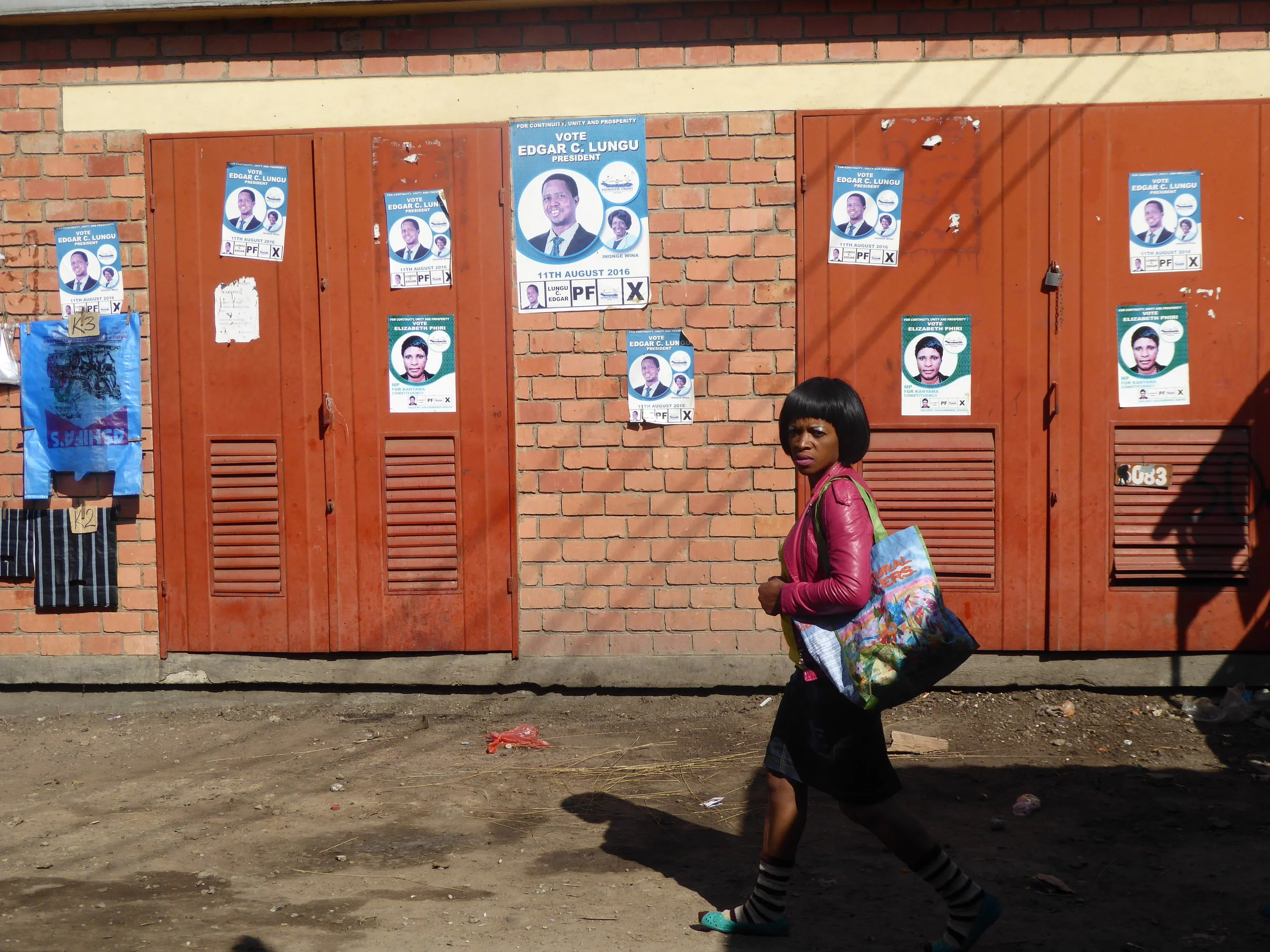Kinshasa's elderly people dance in TV music shows to counter the negative stereotypes of "African elders"
/Fieldwork on media participation among Kinshasa's elderly people has shown that they are not that invisible in the city's popular culture. Rather, TV dance shows in which elderly Kinois (inhabitants of Kinshasa) perform cha cha cha, bolero and rumba (among others) and in which they speak about the earliest days of Kinshasa's nightlife scene are important platforms through which the elderly communicate with the city at large, and especially with the youth's popular culture.
The study shows that elderly people are not necessarily passive consumers of media content, but actually contribute to TV and radio shows as well.
The data are discussed in the academic journal article “Dancing to the Rhythm of Leopoldville: Nostalgia, urban critique and generational difference in Kinshasa’s Music TV Shows”
The following four blogposts provide additional ethnographic and visual material:
3. Papa Wemba and the confusion of generations
4. Photographing the Bana Leo shows


















